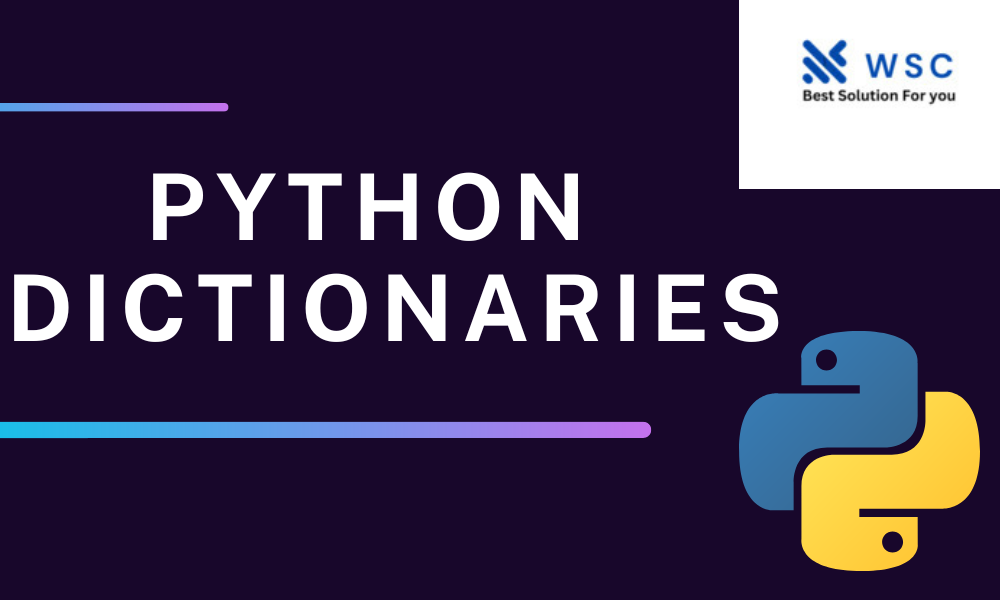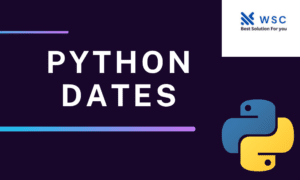Introduction
Python, a versatile and powerful programming language, offers a wide range of data structures to store and manipulate information. Among these, dictionaries stand out as a fundamental tool for managing key-value pairs efficiently. In this article, we’ll delve into the world of Python dictionaries, exploring their features, usage, and best practices.
Understanding Python Dictionaries
At its core, a Python dictionary is an unordered collection of key-value pairs. Think of it as a real-world dictionary where you look up words to find their meanings. Similarly, in Python, you provide a key (word) to retrieve its associated value (meaning).
Creating Dictionaries
To create a dictionary, use curly braces {} and separate key-value pairs with colons. For instance:
my_dict = {'apple': 3, 'banana': 6, 'orange': 4}
Accessing Values
Accessing values is as simple as providing the corresponding key:
print(my_dict['apple']) # Output: 3
Dictionary Methods and Practices
- Adding and Modifying Elements: Use the assignment operator to add new key-value pairs or modify existing ones.
- Dictionary Comprehensions: Construct dictionaries elegantly using comprehensions, like list comprehensions.
- Looping Through Dictionaries: Utilize loops to iterate through keys or values, or both.
- Checking for Key Existence: Safeguard your code by using
into check if a key exists in the dictionary. - Dictionary Methods: Employ methods such as
.keys(),.values(), and.items()for various operations.
Best Practices
- Immutable Keys: Use immutable objects (strings, numbers, tuples) as keys for consistency.
- Key Uniqueness: Ensure keys are unique; overwriting a key means losing its previous value.
- Dictionary Size: Keep an eye on dictionary size; excessively large dictionaries might impact performance.
- Dictionary vs. List: Choose wisely between dictionaries and lists based on your data’s nature.
Code of Practice
- Use meaningful variable names to enhance code readability.
- Comment your code to explain the purpose of specific key-value pairs.
- Organize your code by grouping related dictionaries together.
- Regularly validate and sanitize input keys to prevent unexpected behavior.
Conclusion
Python dictionaries are an invaluable tool in a programmer’s arsenal. They offer a flexible and efficient way to store and manage data, making your code cleaner and more organized. By understanding their features and adhering to best practices, you’ll wield the magic of dictionaries to create more elegant and effective Python programs.
Check our tools website Word count
Check our tools website check More tutorial





I really enjoyed reading this blog. It’s brief, yet loaded with important details. Thanks!